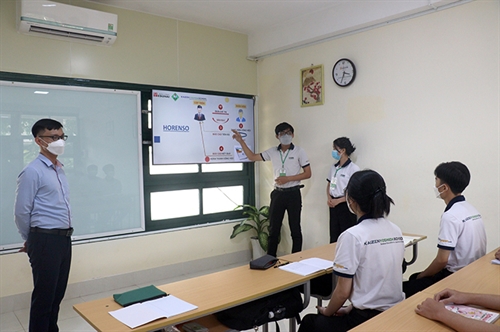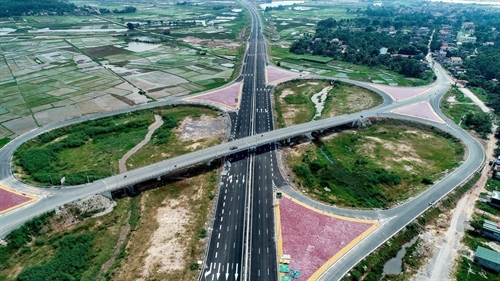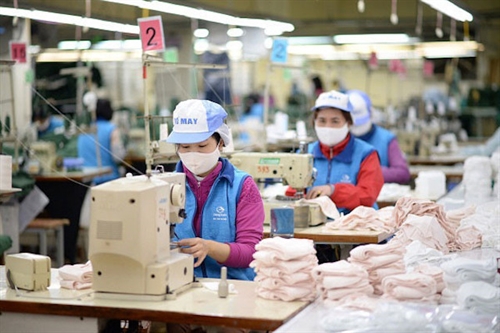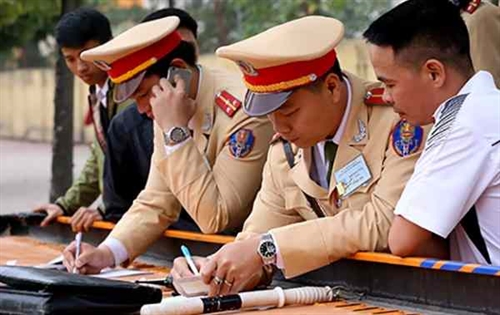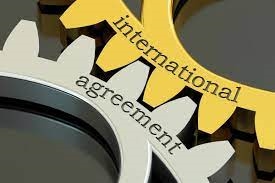On June 14 this year, legislators passed the Law on Mobile Police (the Law). The Law will supersede the 2013 Ordinance on Mobile Police (the Ordinance) from January 1 next year.
As per the Law, the Mobile Police is the people’s armed force of the Vietnam People’s Public Security Forces, the core force in implementing armed measures to protect national security and ensure social order and safety.
The organizational system of the Mobile Police consists of the Mobile Police Command and Mobile Police divisions under provincial-level Police Departments.
Composed of 33 articles arranged in five chapters, the Law defines the position, functions, tasks, powers, organization and operation of the Mobile Police force. The Law also regulates such policies as funding, physical facilities, equipment, and application of science and technology for activities of the Mobile Police force, as well as state management of, and responsibilities of agencies, organizations and individuals toward this force.
Tasks and powers of the Mobile Police force
The socio-economic development situation and changes in the legal system in Vietnam as well as complex developments in the region and the world have posed numerous challenges, requiring the Mobile Police force to take more missions beyond those stated in the Ordinance. In this context, the Law readjusts the tasks and powers of the Mobile Police force.
The Law defines nine groups of tasks (Article 9) and seven groups of powers (Article 10) of the Mobile Police force.
Noticeably, the Law allows Mobile Police officers to carry along weapons, explosive materials, support tools and other professional technical devices to airports and on board civil flights to perform the tasks of combating terrorism, rescuing hostages, arresting armed criminals, escorting special shipments and accused offenders, or using aircraft mobilized by competent authorities exclusively for the Mobile Police force to promptly handle complicated cases and matters concerning security and social order.
In case it is necessary to enter into headquarters of diplomatic missions, foreign consular missions, representative offices of international organizations or domiciles of staff members of these agencies in Vietnam for combating terrorism or rescuing hostages, the Mobile Police force must comply with Vietnam’s law and treaties to which Vietnam is a contracting party.
In emergency cases specified in Article 16.1 of the Law to safeguard the national security, ensure social order and safety, or prevent possible consequences, the Mobile Police officers and soldiers may request foreign organizations and individuals to assist in performing their tasks in accordance with Vietnam’s law and treaties of which Vietnam is a member.
International cooperation of the Mobile Police force
Under Article 7 of the Law, international cooperation of the Mobile Police force must comply with Vietnam’s law, treaties to which Vietnam is a contracting party and relevant international agreements.
International cooperation covers:
- Exchanging information and experiences in performing the tasks of the Mobile Police force;
- Training, coaching, maneuvering, supporting, and transferring equipment, vehicles, science and technology to strengthen the capacity of the Mobile Police force;
- Preventing and combating terrorism, hostage taking, hijacking of aircraft and ships, organized crimes, and transnational crimes; search, rescue and salvage; and,
- Other activities within the scope of tasks and powers of the Mobile Police force.
Prohibited acts
According to Article 8 of the Law, the following acts are prohibited:
(i) Opposing or obstructing the operation of the Mobile Police force; taking revenge, threatening, or infringing upon human life, health, honor and dignity of Mobile Police officers and soldiers, agencies, organizations and individuals coordinating with and providing support for the Mobile Police force in performing their official duties or for the reasons of official duties;
(ii) Appropriating, destroying, intentionally damaging, stockpiling, or illegally producing, purchasing, selling and using weapons, explosive materials, support tools, vehicles and professional technical devices of the Mobile Police force;
(iii) Buying off, offering bribes or forcing Mobile Police officers and soldiers to do against their assigned tasks and powers;
(iv) Impersonating Mobile Police officers and soldiers; forging vehicles, or forging, illegally purchasing, selling and using costumes, badges, seals, and special-work certificates of the Mobile Police; and,
(v) Mobile Police officers and soldiers abusing their positions and powers to violate law or infringe upon the lawful rights and interests of agencies, organizations or individuals or cause harassment or difficulties to agencies, organizations and individuals.-
